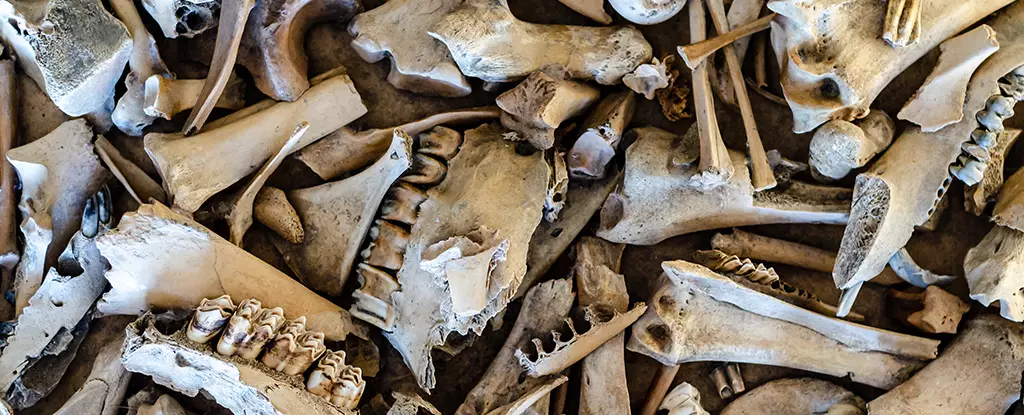For centuries, Neanderthals have been dismissed as primitive brutes, unable to match the intellectual capacities of Homo sapiens. This outdated perception has persisted despite accumulating evidence to the contrary. Recent archaeological discoveries, such as the ancient “fat factory” in Germany, dramatically challenge the simplistic narrative of Neanderthals as mere scavengers or less advanced relatives. Instead, these findings reveal a society capable of strategic resource management, deliberate planning, and complex technological use—traits that demand a reassessment of their cognitive prowess.
Breaking bones to extract marrow and grease was not a trivial activity but a calculated endeavor, indicating an understanding of nutritional value and resource optimization. The scale and organization of this process resemble behaviors we associate with early human civilizations, suggesting Neanderthals possessed a nuanced grasp of their environment and resources. Far from impulsive hunters, they engaged in strategic resource caching, multi-stage processing, and possibly even social cooperation—features that point to a social structure with foresight and planning.
Decoding the Societal Implications
The idea that Neanderthals had specialized sites for rendering fat implies a division of labor or communal effort that complicates long-held assumptions. The evidence of deliberate butchering, tool use, controlled fires, and large-scale bone processing tells us this was not a sporadic activity but a well-established aspect of Neanderthal life. Such an organized approach to resource extraction points to a society that understood the importance of maximizing nutritional intake from their environment, which would have been critical for survival in challenging Ice Age conditions.
In light of these findings, dismissing Neanderthals as mere brute scavengers becomes increasingly untenable. Their ability to manage resources efficiently suggests they possessed cultural practices and possibly proto-innovation akin to early human societies. This raises vital questions: were they capable of passing knowledge across generations, developing shared strategies, and forming social bonds nuanced enough to support complex behaviors? The evidence hints at the possibility that Neanderthals could have had some form of cultural transmission, a characteristic thought to be uniquely human until now.
Reevaluating Neanderthal Cognition and Innovation
Contrary to popular stereotypes, Neanderthals may have been much more than muscle-bound predators. Recent studies show they could swim, craft tools with sophistication, and manipulate their environment in ways that imply abstract thinking. The discovery of large-scale bone processing especially underscores their strategic cognition—these activities require planning, knowledge of anatomy, and the ability to foresee the benefits of resource production.
What’s more, the survival and eventual dominance of Homo sapiens over Neanderthals are often examined within the context of biological superiority. However, these groundbreaking archaeological insights suggest that the real factor might have been adaptability and flexible cognition—a capacity Neanderthals did possess but were perhaps unable or unwilling to fully develop into the cultural and technological heights that early humans achieved.
Implications for How We View Our Ancestors
The narrative of Neanderthals as less intelligent beings is increasingly being questioned. They were resourceful, strategic, and had social behaviors that rival early human groups. These revelations force us to confront uncomfortable truths about our own history: that the line between modern humans and our ancient relatives is not as clear-cut as once believed. Recognizing the advanced capacities of Neanderthals complicates the simplistic story of human superiority and calls for a more nuanced understanding of human evolution as a tapestry of overlapping intelligence, ingenuity, and adaptability across species.
Though Homo sapiens ultimately thrived and Neanderthals went extinct, it is imperative to acknowledge that the latter’s achievements reflect a form of intelligence often downplayed or ignored. As ongoing research continues to peel back the layers of prehistory, it becomes clear that our extinct cousins may have been far more complex than we’ve granted them credit for—a realization that may reshape our understanding of what it truly means to be “intelligent.”


Leave a Reply